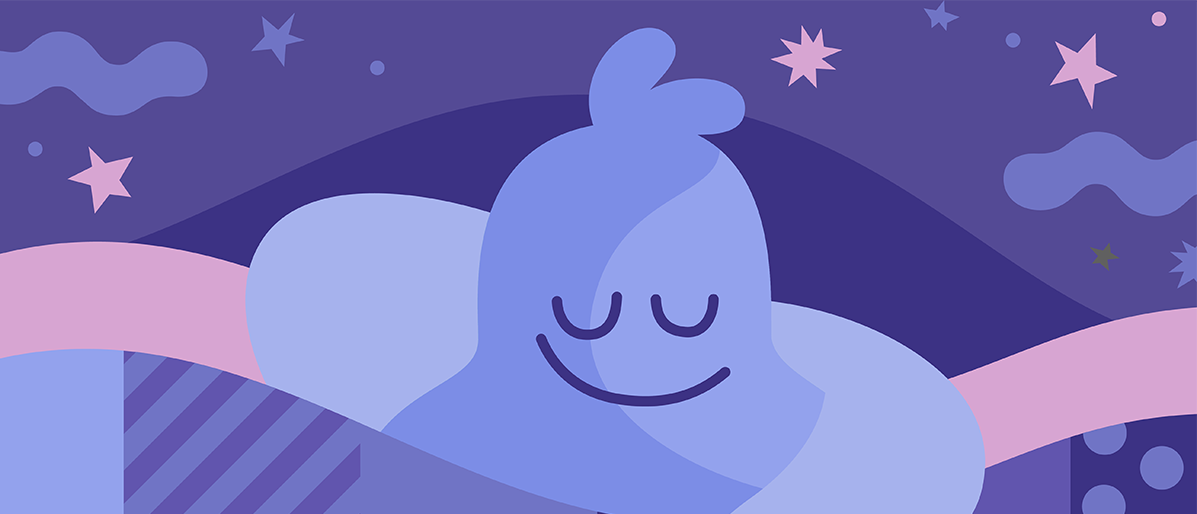The Vital Role of Peer Workers: Enhancing Mental Health Support
Peer workers hold a vital role in mental health support by leveraging their own recovery experiences to aid others. Their unique insights foster trust and understanding, providing emotional and social support, practical assistance, and skill development. Professional training ensures ethical practice. Their contributions bridge the gap between clinical services and personal connection, embodying hope and reducing stigma.
—- Thanks for reading!Please subscribe to my email list to stay up to date with the latest updates, promotions, and giveaways.Thanks again, Shane Bentley.The Vital Role of Peer Workers: Enhancing Mental Health Support Read Post »








